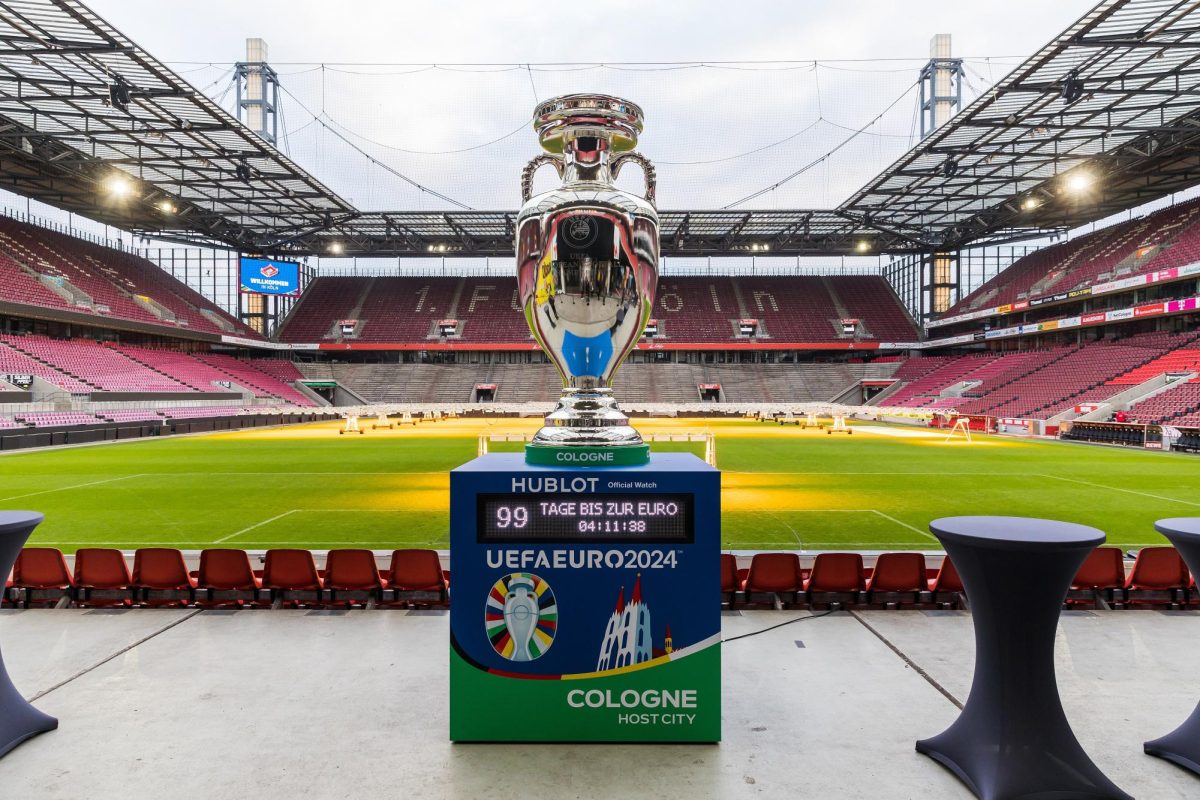Today, June 14, 2024, Europe’s biggest continental competition begins, The UEFA European Championship (EURO).
The Euro is one of football’s most prestigious tournaments and has been around since 1960.
Showcasing the best national teams in Europe, the tournament has exponentially grown over the years, from a four-team event to a prestigious month-long competition with 24 teams.
The highly anticipated 2024 edition of the Euros will take place in Germany, spanning from June 14 through July 14.
Games will be played across 10 cities, with its kickoff being held in Munich and the final in Berlin.

The tournament structure is a fairly common one, with the 23 nations that qualified plus the host nation being divided into 6 groups of 4 teams. The teams then battle it out and the top two teams from each group move onto the knockout stages.
The knockout stages include a round of 16, then quarter-finals, and after that comes to the semi-finals, and to close it off on July 14, the big curtain-closer final will decide who will hold the title of champions of Europe for the next 4 years.
However, before talking too much about the glory of winning the Euros, it must be noted that the journey to the final in Berlin isn’t an easy one. With the high level of competition in European football, the simple task of making it out of the group stage is sure to be very challenging, even for the top dogs.
The first group of the tournament is Group A, and consequently, the other groups are named B-F.
Group A includes hosts Germany, followed by Hungary, Scotland, and Switzerland.
This group is sure to be the site of big games and is potentially home to the winners since Germany comes into the 2024 Euros as big favorites.

For Germany, who automatically qualified since they are the host nation, this year’s Euro is a chance to rebound from disappointing performances in recent major tournaments such as the 2022 World Cup where they failed to make it out of the group stages. Under the new management of Julian Nagelsmann, who took over from Hansi Flick in 2023, the German national team counts on veterans such as Manuel Neuer, Toni Kroos, and Thomas Müller, along with young talents such as Jamal Musiala and Florian Wirtz.
With this said, the top spot in the group is likely to fall with the Germans, but the battle for second place is sure to be heated with Hungary, Scotland, and Switzerland all hoping to land their spot in the round of 16.
Hungary comes into Group A strong after finishing top of their group in the Euro qualifiers.
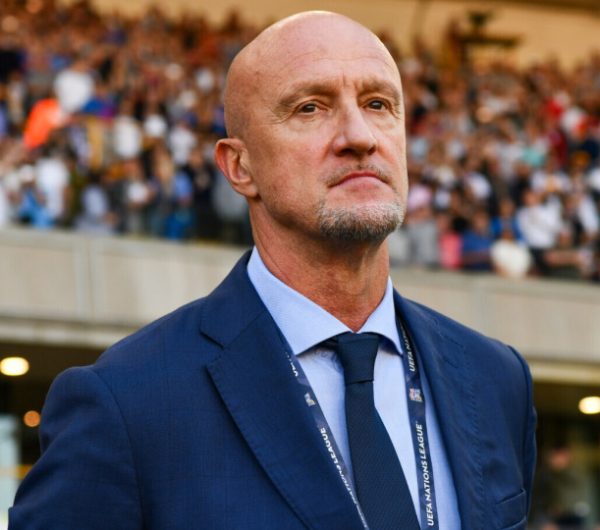
Managed by Italian Marco Rossi, Hungary comes in top form after showing great promise in recent friendlies, which included a 3-0 victory over Israel.
Another underdog in Group A is Scotland.
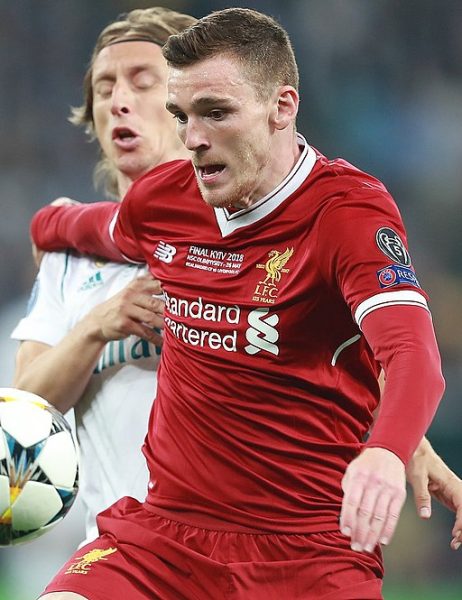
Coached by Steve Clarke, the Scottish team comes to Germany with all their bets on being able to secure a second-place qualification to the round of 16. This could be made possible since the team does boast a lot of talent with players like John McGinn, Andrew Robertson, and Scott McTominay.
To finish off Group A, we have Switzerland. Switzerland.
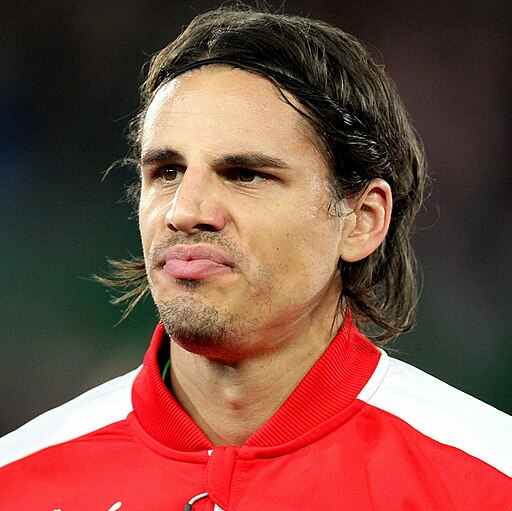
Under the guidance of Murat Yakin, are favorites to qualify in second, and potentially the only team in the group who could steal first place from Germany. With key players such as Granit Xhaka, Xherdan Shaqiri, and Yann Sommer, the Swiss team is ready to give the Germans, and everyone else in their group, a run for their money.
If Group A brings in the heat, Group B brings the fire.
Composed of Albania, Croatia, Italy, and Spain, Group B is full of heavy hitters. With only two spots to qualify, it’s sure to cause thrilling matches and heightened competition.
With Croatia, Spain, and Italy as favorites to make it out of Group B, and maybe even win the tournament, Albania come to the Euros without any pressure on their backs, something that may help them.

Coached by former Barcelona left-back Sylvinho, Albania topped their qualification group and secured a spot for their second-ever European Championship, with their first being in 2016. The Albanian team is known for its strong defensive setup and tactical discipline. Even though it’s very unlikely that Albania will make it out of their group, they are sure to play a pivotal role in Group B since they will likely take points away from any team who goes in thinking it’ll be an easy game.
Moving on from Albania, we are left with three big dogs and three favorites, and the drama of Group B is only two can make it out.
Croatia, who are known for their strong performances in international competitions, with a World Cup semi-final in 2022, and a final in 2018, are a formidable team, and likely to make it out of Group B.
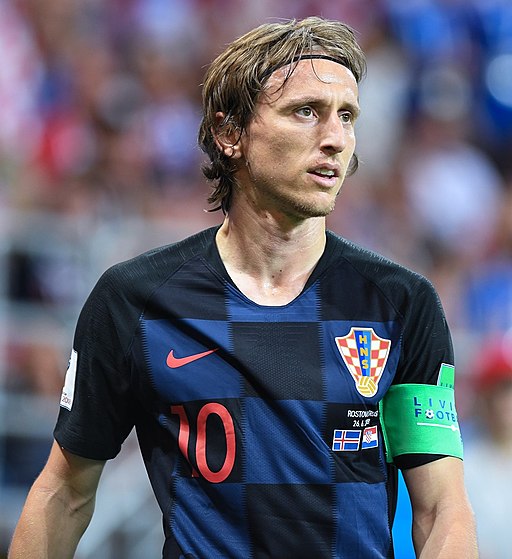
Coached by Zlatko Dalić, the Croatian national team comes with star players like Luka Modrić and Marcelo Brozović, and will look to leverage their experience and tactical versatility to help them through this challenging Group B.
Italy comes into the Euros in a strange situation.
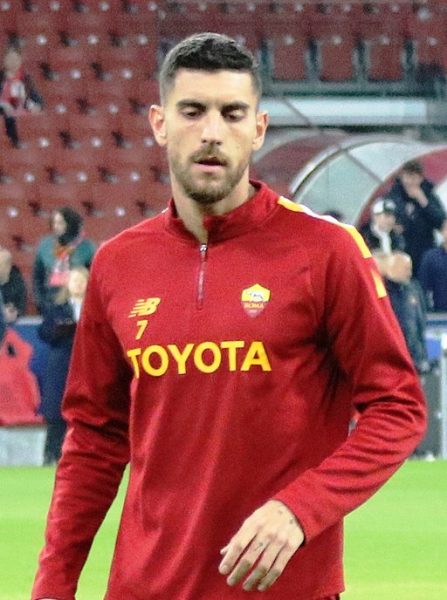
The Italian team, who are the current champions, winning the 2020 Euros, are in a rebuilding stage after a humiliating failure to qualify for the 2022 World Cup, and the World Cup before that too. Coached by Luciano Spalletti, the Italian squad has its key players being goalkeeper Gianluigi Donnarumma, and midfielders Nicolò Barella, Jorginho, and Lorenzo Pellegrini. Despite not being favorites to qualify in first place, Italy remains a strong contender and will be aiming to give it their all to defend their title.
Spain sails into Group B as favorites, not only to top the group but also to win the whole competition.
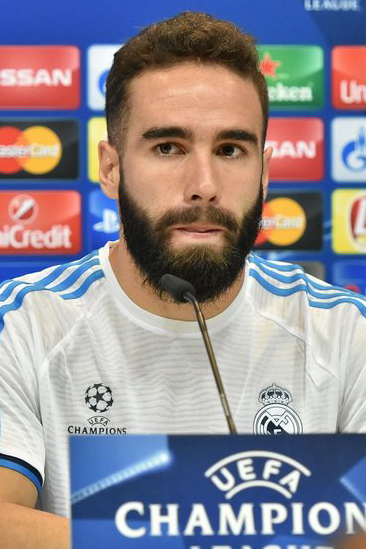
Managed by Luis de la Fuente, the Spanish team is known for its possession-based style of play. The squad features a mix of experienced veterans like Champions League winner Dani Carvajal, and Atletico Madrid striker Álvaro Morata, and emerging stars such as Barcelona wonderkid Yamal and Pedri. Spain’s recent form has been very solid with a 5-1 victory over Northern Ireland, and a 5-0 win over Andorra.
With all this, it’s clear why Group B is being considered the “group of death,” so who will be the team to make it out of Group B? Your guess is as good as mine.
Moving onto Group C, which is made up of Denmark, England, Serbia, and Slovenia.
It’s clear that, unlike Group B, this one has a favorite. The Three Lions.

With stars like Harry Kane and Champions League winner Jude Bellingham, England leads the group when it comes to aspirations at this year’s Euros. Coached by Gareth Southgate, the English squad comes to the tournament as favorites, with the team expected to perform well and banish the ghosts of past disappointments, which include a semi-final in the 2018 World Cup and a second-place position in Euro 2020. The tournament will mean a lot for England since the nation hasn’t won a single trophy since 1966 when they won the World Cup.
Looking to hijack England’s hope of a top spot in the group is Denmark.

Managed by Kasper Hjulmand, the team wants to build upon their great run in 2020, where they made it to the semi-finals, and potentially give the big dogs a run for their money. The squad features a mix of experienced players such as Christian Eriksen but also has promising young talents such as Højlund. Højlund is definitely a player to keep an eye out for this Euros. The youngster, who plays for Manchester United, is known for his goal-scoring ability and will be an essential part of Denmark’s Euro experience.
Beyond the two top dogs, Group C also has Serbia and Slovenia, who might not be favorites but are sure to cause trouble and it wouldn’t be a surprise to see one of them clinch a qualifying spot in their group.
Serbia is known for its robust style of play, and its squad is made up of many technically skilled players.
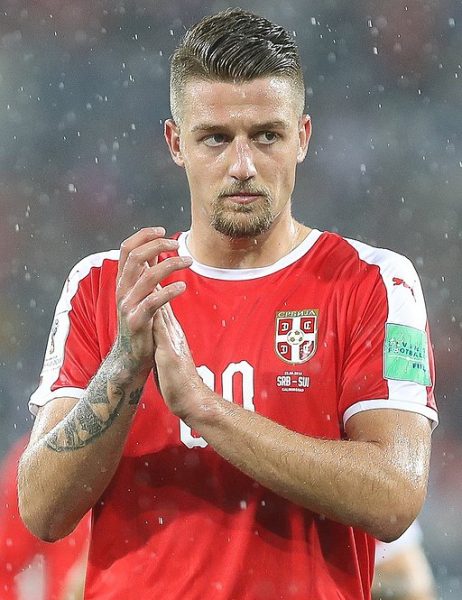
The team features standout players such as Dušan Tadić, Aleksandar Mitrović, and Sergej Milinković-Savić, all of whom are sure to bring experience and a lot of technical prowess to the Serbian squad. The team, which is managed by Dragan Stojković, is a very competitive side and is sure to cause some upsets. Their tactical discipline and physicality will be key as they try and make it out of the group stage where they will need to face superior opponents such as Denmark and England.
The big underdogs of the group are without a doubt Slovenia.
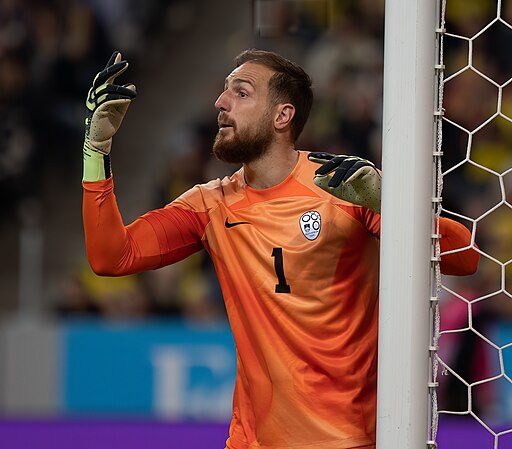
The team, led by coach Matjaž Kek, is built around a core of players who play in Europe’s top leagues. This core includes captain Jan Oblak, who is one of the best goalkeepers in the world. Slovenia’s qualification to the Euros was achieved through disciplined defensive play and effective counter-attacks. Slovenia understands their inferiority to stronger opponents and plays for their mistakes. This humbleness of understanding their ability and playing for the counter-attack makes them very capable of staging upsets and causing problems for the other teams in Group C.
If Group C is a little predictable with England and Denmark as the favorites to go through, Group D makes up for it with all teams being very competitive and with odds of making it out.
The first team in Group D is Austria.
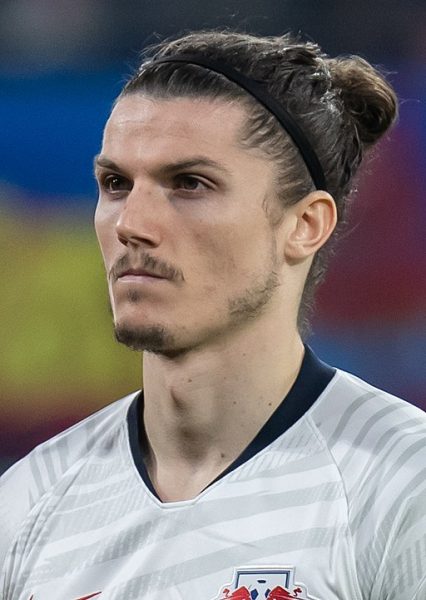
Despite the absence of David Alaba, who is a key player for the team but is out due to injury, Austria comes to the Euros buoyed by the leadership of Marcel Sabitzer. Sabitzer is a key player for the Austrian team; the Champions League runner-up is not only one of the most in-form midfielders in Group D but also in the whole tournament.
Talking about having many in-form players, the next team in Group D is France.
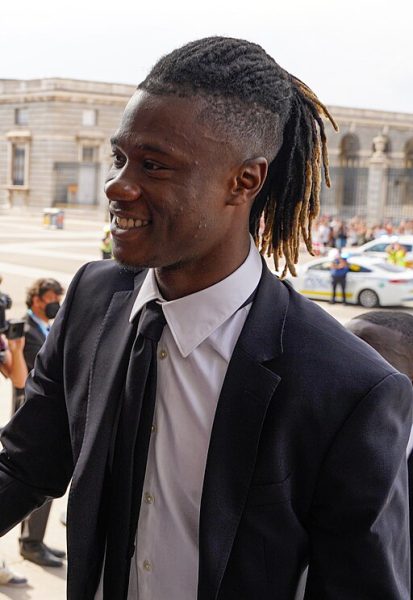
France comes into the 2024 Euros as favorites, not only to top the group but to win the entire tournament. Led by veteran coach Didier Deschamps, the squad features many household names such as Kylian Mbappé, Antoine Griezmann, N’Golo Kanté, Eduardo Camavinga, and Ousmane Dembélé. France has a powerful defense, a strong midfield, and a deadly attack, making them the team to beat in Group D.
Looking to possibly upset France and their top spot aspiration is the Netherlands.
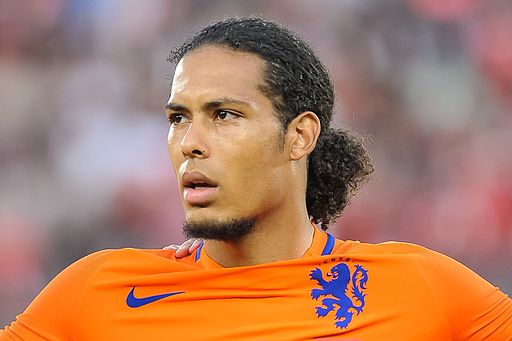
The Dutch team comes with a strong defensive lineup led by veteran Virgil van Dijk, and a solid midfield with players like Georginio Wijnaldum. The team, coached by Ronald Koeman, also has a very creative attacking lineup with wonderkid Xavi Simons and household names like Memphis Depay and Cody Gakpo.
To close off Group D, we have Poland.
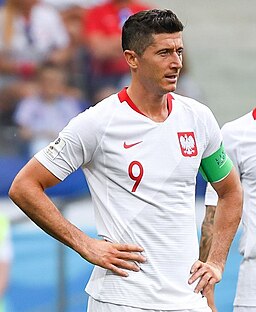
Managed by Michal Probierz and relying on the experience of Robert Lewandowski, the Polish team hopes to secure qualification and maybe even upset France for the top spot. Poland comes into the Euros hot, having won their last five games. If there’s anything that can be said, it’s that a team with Wojciech Szczęsny in goal and Lewa up top has everything needed to make it far in the competition.
As the groups go in alphabetical order, after Group D, we have Group E, which is composed of Belgium, Slovakia, Romania, and Ukraine.
The group’s random team selection makes it both one of the most unpredictable and yet one of the most exciting groups in the competition.
The reason Group E is so unpredictable is that besides Belgium, it’s hard to tell who will go onto the next round, and it’s exciting because we are sure to see very tense games since all the teams have a shot at making it to the round of 16.
The favorite to clinch the top spot in Group E is Belgium.

The team, led by coach Domenico Tedesco, is undergoing a generational shift after a series of disappointing performances in the last major tournaments. The squad includes experienced players such as Romelu Lukaku and Jan Vertonghen, alongside emerging talents such as Jeremy Doku and Johan Bakayoko. The Belgium team also relies deeply on world-renowned midfielder and Manchester City icon Kevin de Bruyne. Kevin is without a doubt one of the, if not the, best midfielders in the world, and with this potentially being his last Euro, he hopes to bring home some silverware. Belgium comes to the Euros as favorites, having topped their qualification group and showing great form in recent friendlies.
Slovakia comes to the Euros ready to play some very defensive soccer and hopefully make some history.

Captained by Milan Škriniar, the team qualified by showcasing solid defensive performances and are ready to make the most of their third-ever Euro appearance.
Moreover, we have Romania, the team from Dracula’s homeland.
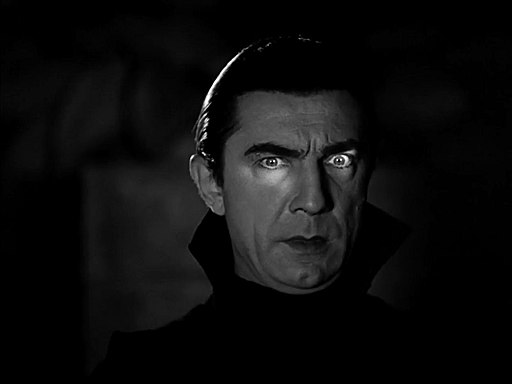
Coached by Edward Lordaneseu, the team showed consistent form in their qualification campaign, remaining undefeated with a strong defensive record. With key players being Radu Drăgușin of Tottenham and captain Nicolae Stanciu, the Romanian team hopes to make a historical run and qualify for the round of 16.
The final team in Group E is Ukraine.
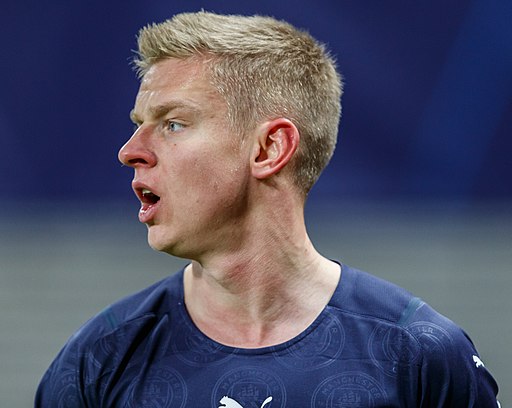
The Ukrainian team reached the quarterfinals in 2020 and is hoping to replicate or exceed that success in Germany. Coached by Serhiy Rebrov and with many good players such as Arsenal’s Oleksandr Zinchenko, Chelsea’s Mykhailo Mudryk, and Real Madrid’s Andriy Lunin, the Ukrainian team is expected to be a tough competitor in Group E.
Moving onto Group F, we see Portugal, Georgia, Turkey, and the Czech Republic.
Favorites to get that top spot are without a doubt the Portuguese, who have been in excellent form, scoring 36 goals in the qualifiers and conceding only two.
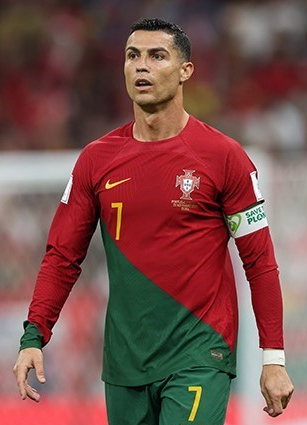
Coach Roberto Martinez will have plenty of options with many household names available to him, the likes of Bruno Fernandes, Ruben Dias, and Bernardo Silva, being just some of the many talented players to be part of the Portuguese squad. When talking about the Portuguese team, there is one man who cannot be forgotten about, and that man is Cristiano Ronaldo. Ronaldo comes to the Euros not only looking to win his second championship, not only to extend his record as the top international scorer in the world, but also to reach the 900-goal mark. With less than 10 goals to go, this Euro could be a historical moment for the Portuguese legend since he would become the first player in modern history to achieve such a feat.
However, Group F won’t be all sunshine and rainbows for Ronaldo and his crew because looking to get in the way and get that first spot there is the Czech Republic.
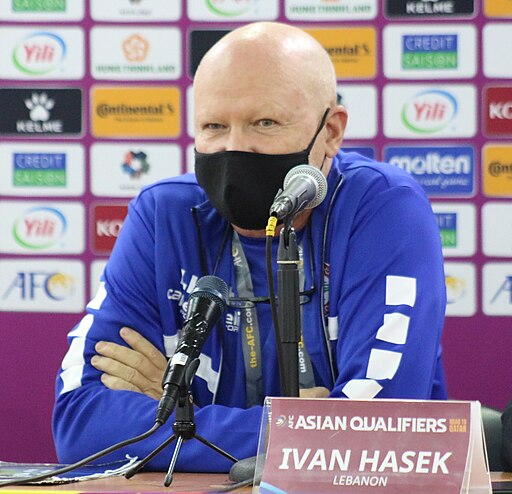
Managed by Ivan Hašek, the Czech team qualified by finishing second in their qualifying group. The team is known for its discipline and cohesive play and counts on key players Patrik Schick and Tomáš Soucek. Schick, who was joint top scorer in the last edition of the Euros, is a crucial player for the Czech team. Known for his ability to score from various positions, Tomáš is definitely a player to keep an eye out for at this year’s Euros.
Another team that is hoping to cause an upset is Turkey.
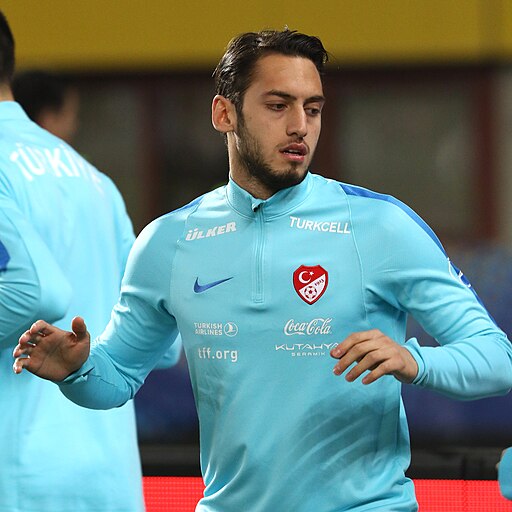
The Turkish squad relies on players such as Hakan Çalhanoğlu and Cengiz Ünder, who bring creativity and attacking flair, to the mostly defensive team that Turkey has. The Turkish team has had a rough road to the Euros, with many mixed results. Most notably, the Turkish national team suffered a 6-1 defeat to Austria. However, this same team that was humiliated by Austria also managed to secure very big wins against teams such as Croatia and Germany. One thing is certain, Turkey’s success will depend on which version of the team shows up: the one capable of troubling the big dogs, or the one prone to heavy defeats.
Closing off the final group of the 2024 Euros, we have underdogs Georgia.
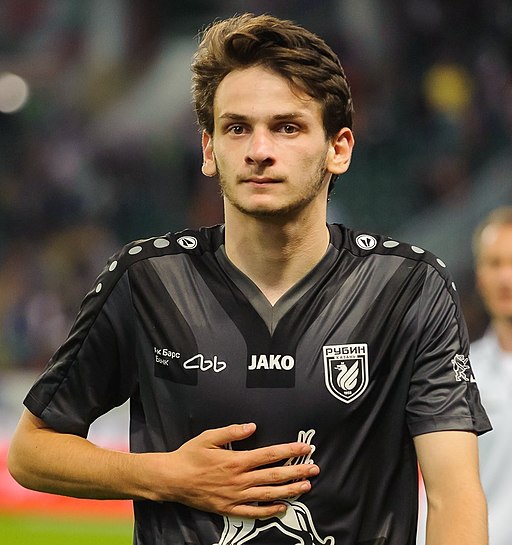
Georgia will be making their debut at the Euros. In fact, this year’s Euro will be the nation’s first time at any major footballing tournament. Coached by Willy Sagnol, the Georgian team qualified through the Nations League playoffs, marking a significant achievement for the country which is currently ranked number 76th in the world. Georgia’s standout player is Khvicha Kvaratskhelia. The Georgian number 7, who plays for Italian side Napoli, is seen as one of the world’s best midfielders and has been crucial for the team’s historic qualification. Georgia will probably play very defensively and try to make the most of Kvaratskhelia’s offensive abilities. The Georgian team comes as the tournament’s great underdogs, and while Georgia getting any points is highly unlikely, they are sure to be the team of choice of any neutral fans.
Group F, which is the final group, is a very competitive one and promises highly energetic games. With seasoned contenders like Portugal and dark horses such as the Czech Republic, it’s certain that every match will be crucial.
With the groups laid out and examined, Euro 2024 certainly promises to be a thrilling and memorable event.
This year’s competition will offer fans around the world a chance to witness European football at its finest.
Starting today, June 14, all of us will get a front-row seat to watch as the giants of European national football battle it out to see who will be crowned the kings of Europe.

The stakes have never been higher, and with so many great players and coaches, the excitement for the games to start is palpable, with every nation fighting not only for a trophy but also for a place in football history.
With the stars ready to shine, the underdogs poised to surprise, and every match carrying the weight of national pride, the 2024 Euros will be a spectacle of skill, passion, and unforgettable moments.


